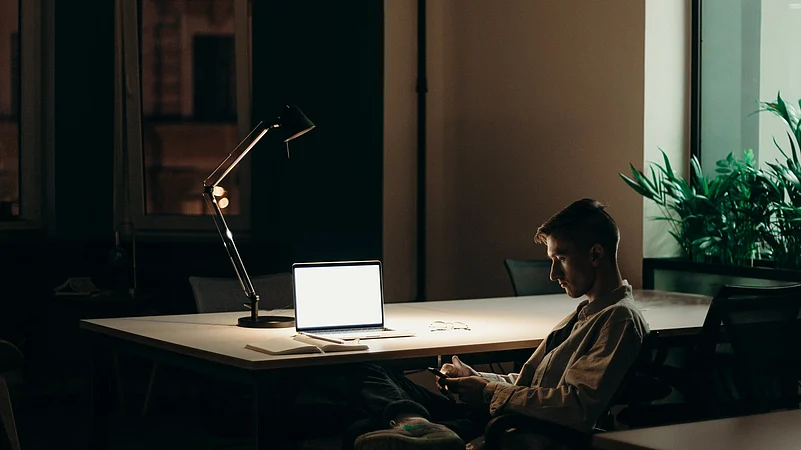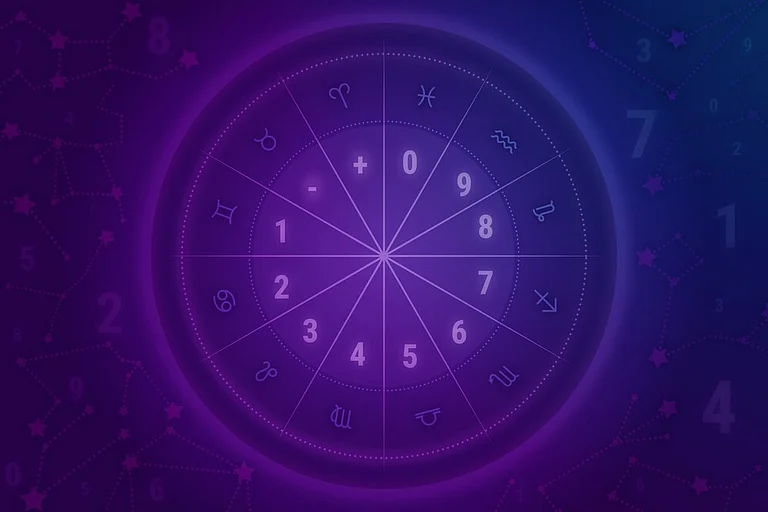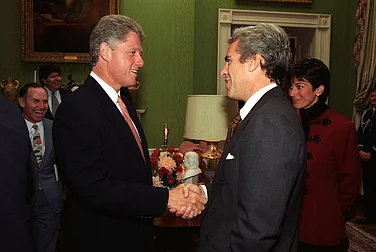The traditional 9-to-5 workweek is facing criticism from Gen Z workers, with many expressing a desire for more flexibility and a better work-life balance. One notable voice in this movement is Anthony Voulgaris, a young Australian who has gained millions of TikTok views for his unconventional ideas.
Voulgaris has taken to social media to declare that he envisions a future where a five-hour workday, from 9 am to 2 pm, becomes the norm. In a recent video, he passionately explained, "It is not something I am willing to do, it is something I want to do, and it is not something I particularly plan for myself."
According to Voulgaris, working from 9 am to 2 pm would be the "perfect" amount of time for a productive workday. He argued that this approach would allow individuals to achieve their goals, find fulfillment in their work, and still have plenty of time for personal activities from 2 pm onwards.
The young Australian criticized the conventional 9-to-5 structure, describing it as "horrifying" and suggesting that society's designers may have made a mistake. He emphasized that a shorter workday would offer a chance to embrace a more balanced and fulfilling life.
Voulgaris pointed out the challenges of a 9-to-5 routine, such as limited time for personal activities due to long commutes and late work hours. His followers on TikTok resonated with his ideas, with many expressing support for a shorter workday that could restore their "will to live" and enhance productivity.
The push for alternative work arrangements is not unique to Voulgaris. In 2023, a young woman named Brielle went viral for tearfully sharing her struggles with the standard workday after completing her degree. Brielle's sentiments echoed the sentiment that the 9-to-5 system can be mentally and physically exhausting, leaving little time for personal well-being.
Gary Fahey, a workplace expert with an MBA specializing in organizational strategy and culture, explained that some young people are seeking different things from work. He noted that workplaces are adapting to meet the diverse needs of younger generations, offering flexible work environments, part-time options, and hybrid models.
Fahey added, "For those young people who are choosing that 9 to 5 is not for them, this often comes from a position of holding different values for themselves and perhaps goals that are less driven by career and the benefits/consequences that come along with that."
While the desire for a shorter workday gains traction, Fahey cautioned that such adaptations might come with trade-offs, such as reduced salary or flexibility with available workdays.













.png?auto=format%2Ccompress&fit=max&format=webp&w=376&dpr=2.0)













